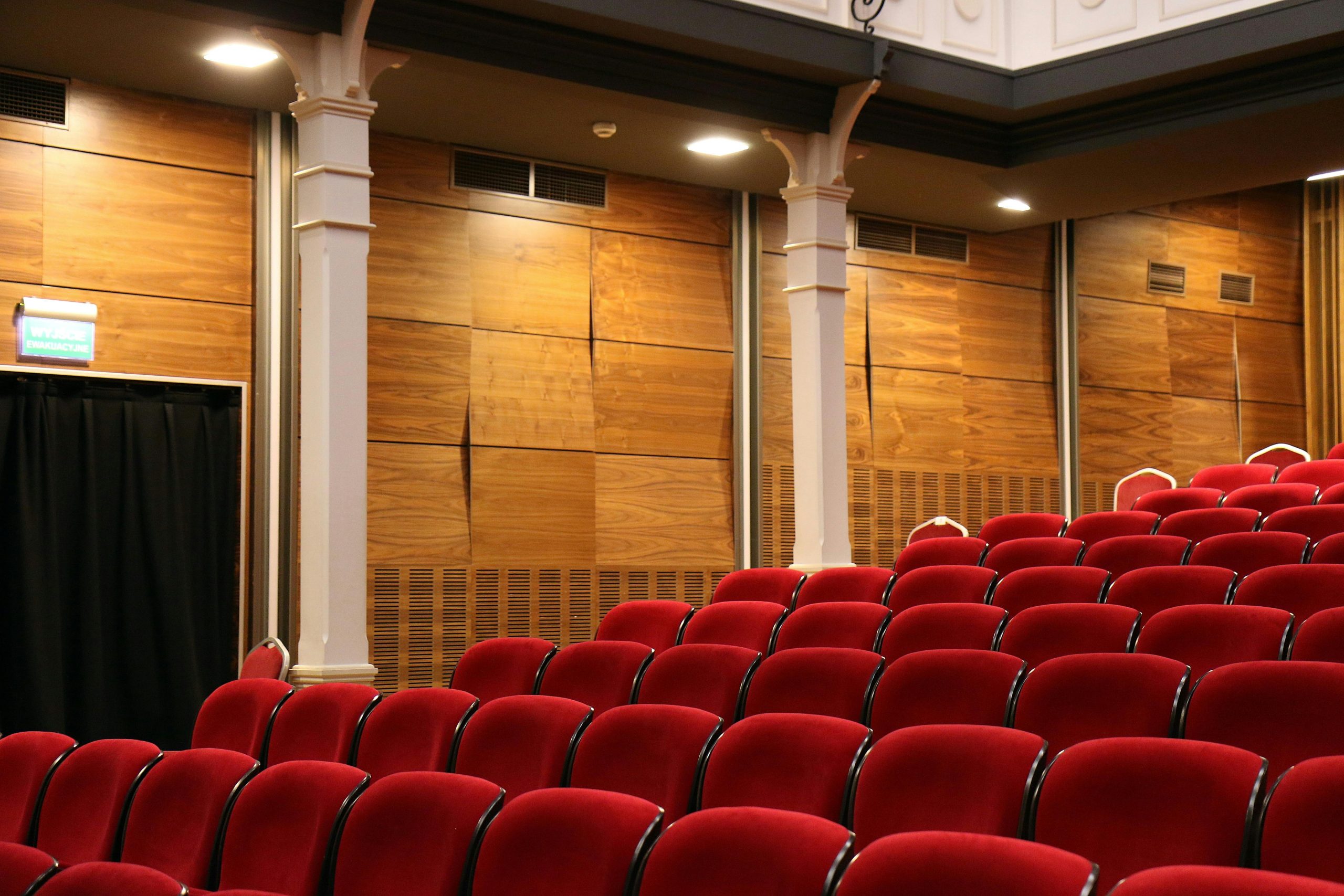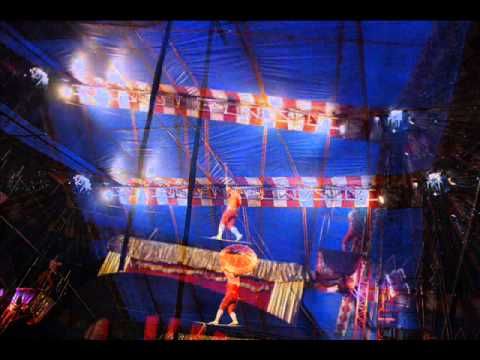Opera is a unique and captivating form of performing art that combines music, drama, and visual arts to tell a story. While it may seem intimidating to newcomers, understanding the fundamentals of opera can help you appreciate and enjoy this rich and beautiful art form. In this beginner’s guide, we will explore the history, key components, and common misconceptions of opera.
The History of Opera
Opera originated in Italy in the late 16th century as a combination of music, poetry, and theater. The first opera, “Dafne” by Jacopo Peri, was performed in Florence in 1597. Since then, opera has evolved and spread to countries around the world, with each region developing its own unique style and repertoire.
Some of the most famous opera composers include Mozart, Verdi, Wagner, Puccini, and Bizet. Their works have stood the test of time and continue to be performed in opera houses and theaters worldwide.
The Key Components of Opera
Opera is often described as a Gesamtkunstwerk, or total work of art, because it combines multiple art forms to create a complete and immersive experience. The key components of opera include:
Music: Opera is primarily a musical art form, with singers accompanied by an orchestra. The music sets the mood, conveys emotion, and drives the narrative forward.
Drama: Opera tells stories through dramatic performances, often featuring themes of love, betrayal, tragedy, and redemption. The singers embody the characters and bring them to life on stage.
Visual Arts: Opera productions include elaborate costumes, scenery, and lighting to create a visually stunning experience. The sets and costumes help transport the audience to different worlds and time periods.
Common Misconceptions About Opera
Despite its popularity, opera is often misunderstood and perceived as an elitist or inaccessible art form. Here are some common misconceptions about opera:
Opera is only for the wealthy: While opera tickets can be expensive, many opera companies offer discounted tickets and special promotions to make opera more accessible to a wider audience.
Opera is boring: Opera is a dynamic and vibrant art form that appeals to a wide range of tastes and preferences. There are many different styles and genres of opera, from traditional classics to modern interpretations.
Opera is in a foreign language: While many operas are originally written in Italian, French, German, or Russian, most opera houses provide translations in the form of subtitles or surtitles to help audiences follow along with the plot.
How to Appreciate and Enjoy Opera
Now that you have a better understanding of opera, here are some tips for appreciating and enjoying this beautiful art form:
Start with a classic: Begin your opera journey with a well-known classic such as Mozart’s “The Magic Flute” or Puccini’s “La Bohème.” These timeless works are a great introduction to the world of opera.
Read the synopsis: Before attending an opera performance, take some time to read the synopsis of the opera. Understanding the plot and characters can help you follow along and appreciate the music and drama.
Attend a live performance: There is nothing quite like experiencing opera live in a theater. Look for local opera companies or opera houses in your area and attend a performance to immerse yourself in the magic of opera.
With this beginner’s guide, you are now equipped to explore the world of opera with confidence and appreciation. Whether you are a seasoned opera enthusiast or a curious newcomer, opera has something to offer for everyone. So sit back, relax, and let the music and drama of opera captivate your senses and stir your soul.


